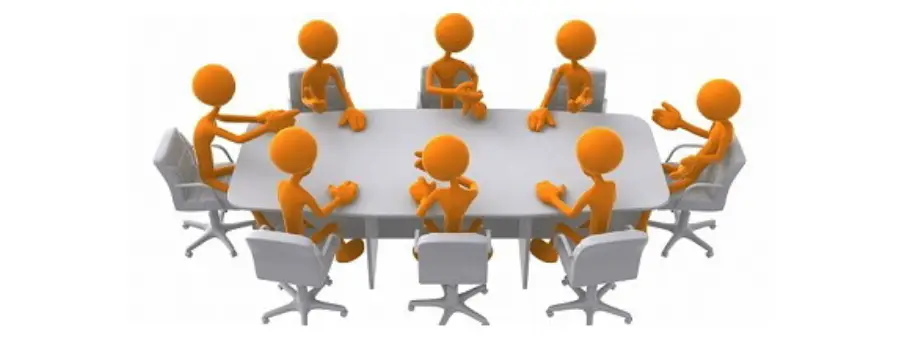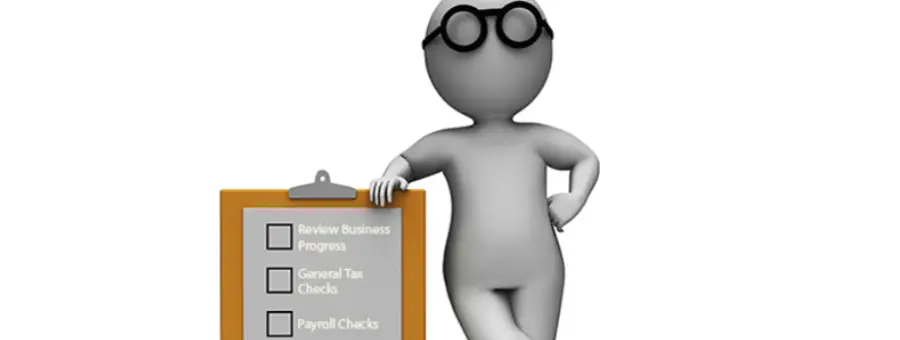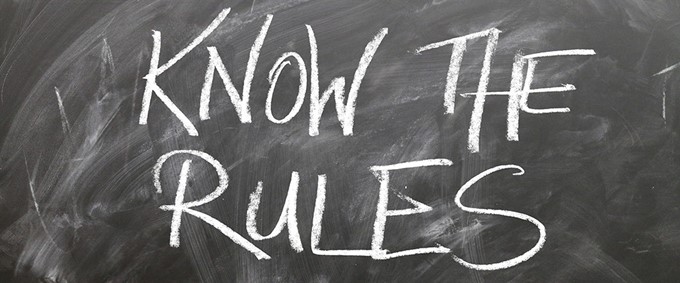
How do you feel about the meetings you attend or run in your organisation? Are they highly effective, satisfactory, poor or somewhere in between? The probable answer is that they vary from meeting to meeting. The cost of holding ineffective meetings is significant because of the number of people involved and the time they take. When people are in a meeting nothing is happening outside the room so we need to ensure that most meetings actually make a difference afterwards. We need outcomes as a result of our meetings, rather than just holding meetings.
Answering the five questions below will help improve the effectiveness of meetings you are involved in:
- What meetings should be deleted, added or changed? Just because meetings (on whatever) have been held in the past does not mean they should continue in the future. Review them all and hold only those in the future that have served to improve the organisation. Also, consider what meetings could be added … maybe even some less traditional meetings, e.g. brainstorming, under 25’s, networking. Some meetings should be held on a regular basis and others as needed, and this should form some type of schedule for the coming year. This will show very clearly the significant investment in time devoted to meetings and ought to discourage meetings for the sake of them.
- What do you take to meetings? This is not a strange question to ask; it leads to some pointers on how you’re wired and how you perceive the meetings you’re attending. For instance, do you take in a calculator … for measurement. Do you take in a record of the previous meeting … for accountability. Do you take in a list of ideas and thoughts … to be creative? Do you take in a list of problems or concerns … to get rid of them? Do you take in background documents … to be prepared? Do you take in your tablet or laptop … to keep records? Do you take nothing in at all … not sure what that would mean. The point is that what you take into a meeting might be a pointer to some of your personal traits, your perception of the meeting, what the business is used to, what others do, history or just habit … or it could be that you don’t think much about it. The point is to ensure that what you take into meetings should reflect a positive perception of what you are going into and that you are prepared to make the most of the meeting.
- What do you do in meetings? Are you first into the room, prepared, ready to go … or do you just make it in time or even late? Do you talk a lot, a bit or not much? Do you challenge the room and its thinking? Do you challenge the past? Do you challenge the parameters and dynamics within which the group works? Do you guide, ask questions? Do you solicit the opinions of others, including those who don’t normally speak much? Do you allow yourself to get bored … or would you step into that situation and change it? Do you jump up to the whiteboard … and if you do, do others gain from that? Do you take notes .. for you? for the group? Where do you sit and what does that indicate? Are you someone who sets up the accountability from the meetings? Your answers ought to give you an idea of your own performance in meetings, so change whichever you need to, to improve your own contribution.
- How are most of the meetings you attend conducted? Who chairs the meetings and why? Does the chair rotate from meeting to meeting? Does the chair change throughout the meeting? Is the seating always in traditional U shape? Do you ever hold meetings where people are seated in a circle, with no tables inside the circle (try that and notice the incredibly different dynamic that occurs)? How often are your meetings held off-site, so they are in a more objective and possibly more relaxed environment? How often do your meetings allow just social time in the end, for people to just be themselves and get to know each other, rather than immediately racing out of the room at the end? How often are your meetings held with casual clothing (again, notice the different dynamic that occurs)? (A side reference … Google hold some of their meetings with everyone standing up, so no one can be distracted by their mobiles, laptops or paper and so that the meetings take the least possible time).
- How are your meetings set up and prepared? How clear are the purposes of each meeting? Is an Agenda published prior … if so, who draws it up and is it inclusive of the input from all attendees (or just some)? Is an Action Sheet used (updated and distributed prior to the meeting)? Do you have segments in your meetings where people have prepared mini-presentations of their thoughts and ideas … so preparation has to occur? Do you include guests (speakers or contributors) at all? Does the organisation invite formal (and truthful) feedback as to the effectiveness of meetings … and then adapt future meetings according to the common opinion? Is research carried out prior to some of your meetings (e.g. competitors, best practice, trends, demographics, etc.)? Do younger, less experienced, high potential people attend any of your meetings, even as observers, to learn?
All of the questions in the previous paragraphs should lead you to some thoughts on how to improve the effectiveness of the meetings held at your organisation.
Further, the following five elements should be accommodated to maximize the effectiveness of meetings:
- Information has to be supplied to whoever needs it within an organisation, obviously. Intranets can do that for a lot of information but some types of information are best supplied prior to or during a meeting, with time allowed for questions, clarification or debate.
- Actions have to be set, tracked and adapted. Note the three distinct aspects here.
- Business metrics (causes and outcomes) have to be tracked for the health, planning and decision making of the business.
- Brainstorming – Time must be set aside to create new ways of doing things and come up with new ideas. Normal meetings don’t always lend themselves to this type of creativity, either because of stifled environments and thinking or just time limits.
- Every organisation must have time in meetings to plan for the future. These should be separate meetings and held off-site, with all aspects of the meetings lending themselves to maximum creativity (ample time, open minds, free from distractions).
As a suggestion, it’s a good idea to note beside every item on an Agenda which of the five elements above it represents … Information, Action, Metric, Brainstorm or Planning … so everyone knows the nature of the item at the start of the discussion.
For privately owned businesses that have Board (of Management) Meetings, there is a danger they can become little more than information and risk management sessions. Sure, Boards exist for those purposes but they are fundamentally in place to set key objectives, direction, strategy and policy. Boards should test themselves objectively, at least yearly, on what they achieved.
Previous Newsletter Articles
Business Tips
HR Information
Contact Us
1300 022 270
enquiries@myabbs.com.au






